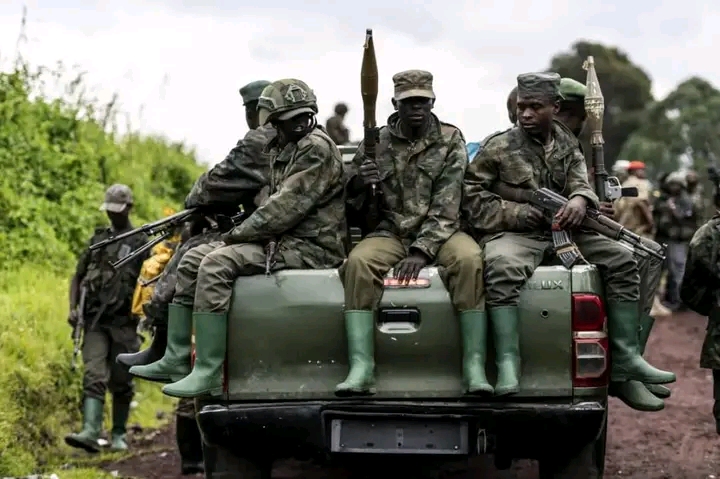By Burnett Munthali
In the vibrant realm of Malawian politics, the interplay between youth engagement and political ambition often takes center stage.
However, a cautionary tale from filmmaker Sukez shines a light on the darker side of this engagement, serving as a warning for young people against the perils of exploitation by politicians.
His personal experience, where a major political party sought his camera equipment and personnel under the guise of promises for future rewards, only to disregard him after their electoral victory in 2020, underscores a troubling pattern that many youths may encounter.
Sukez’s story begins with an enthusiastic call to action from a prominent political party during the 2020 elections.
Eager to contribute to the democratic process and empower the voices of young Malawians, he readily provided his expertise, equipment, and personnel to support the campaign.
The allure of being part of a movement that aimed to create meaningful change drove his decision, fueled by the belief that his efforts would be recognized and rewarded once the party achieved success.
However, the outcome of the election revealed a stark reality for Sukez and many others who had contributed their resources and talents. Despite the political party’s triumph, the promises made to him vanished, leaving him feeling used and overlooked.
This experience serves as a powerful reminder of the exploitative tendencies that can permeate political engagements, particularly for young people who often possess the enthusiasm and creativity that politicians seek to harness.
The crux of Sukez’s message lies in the imperative for youth to approach political collaborations with caution and discernment.
While the desire to contribute to the political landscape is commendable, it is essential for young individuals to critically evaluate the motivations behind such engagements.
The promises of future rewards can often be nothing more than empty rhetoric, designed to secure support without genuine intention of reciprocation. By recognizing their worth and the value of their contributions, youths can protect themselves from being exploited by those in power.
Moreover, Sukez’s experience highlights the need for a collective movement among young people to demand accountability from politicians.
The youth must come together to establish networks of support and solidarity, sharing their experiences to create a unified front against exploitation.
By fostering dialogue and collaboration, young individuals can empower each other to navigate the political landscape with confidence, ensuring that their voices are not only heard but also respected.
In addition to individual awareness, this cautionary tale also speaks to the broader responsibility of politicians to honor their commitments and acknowledge the contributions of young people.
The political landscape thrives on the energy and creativity of the youth, and it is incumbent upon leaders to recognize this value.
By fostering genuine partnerships and actively engaging with young contributors, politicians can create a more inclusive and empowering environment that respects the input of the next generation.
In conclusion, Sukez’s warning to the youth of Malawi resonates with urgency in the current political climate.
As young individuals aspire to make a difference, they must remain vigilant against the exploitation that often accompanies political engagements.
By demanding respect, accountability, and genuine collaboration, the youth can reclaim their agency and assert their rightful place in the political narrative.
Sukez’s story serves not only as a personal testament but also as a clarion call for collective action, urging young Malawians to navigate the complexities of politics with awareness and determination.



